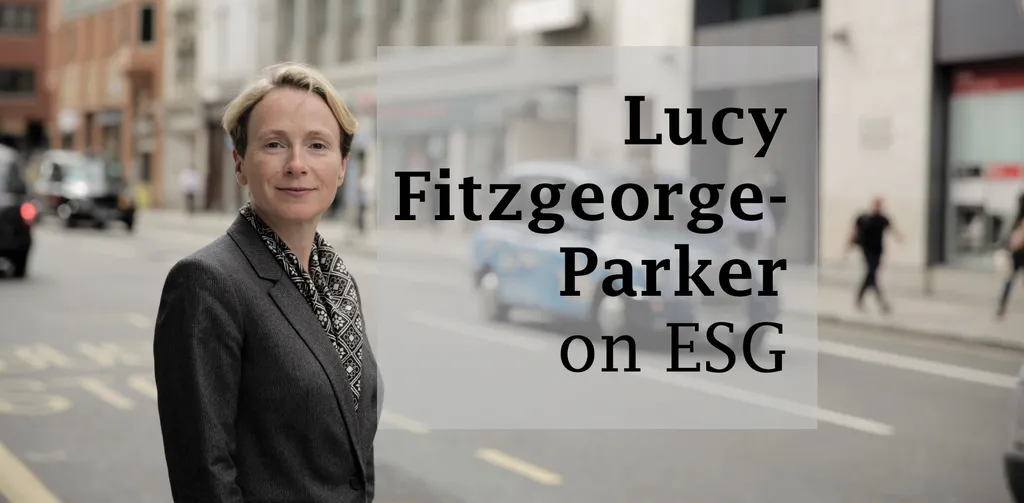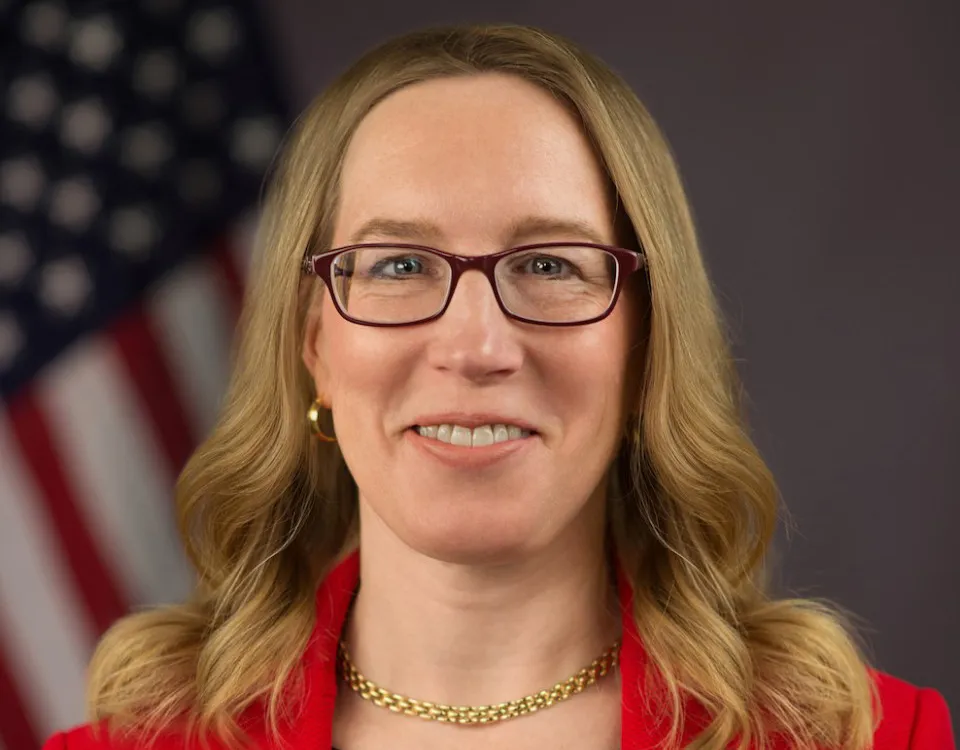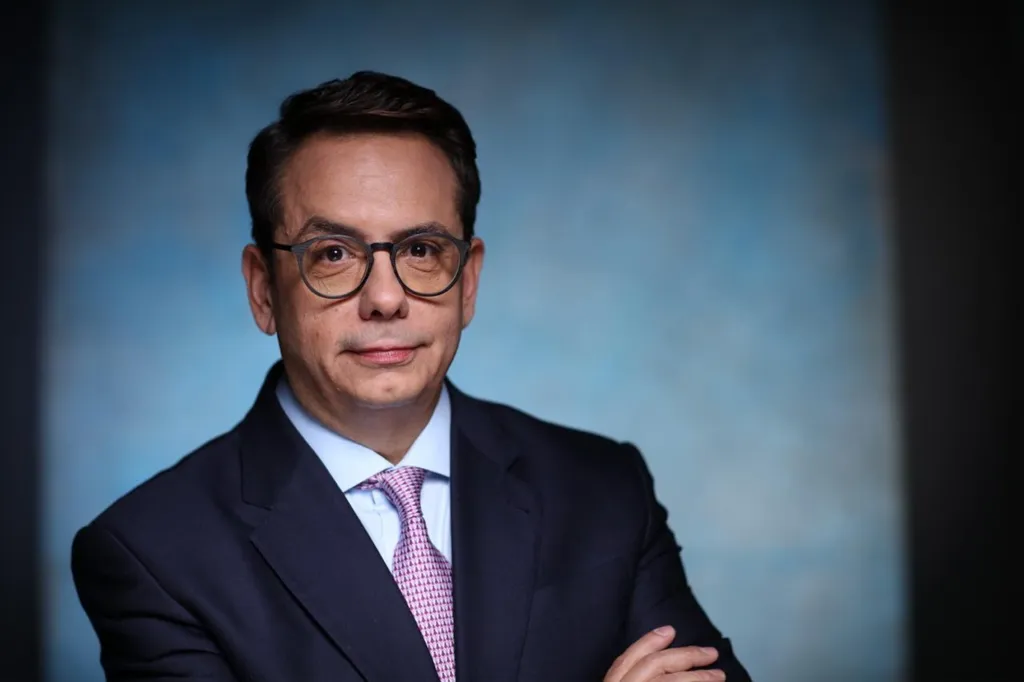Just over a year ago, I was asked to take over as Euromoney’s editor for environmental, social and governance (ESG).
For someone who had spent the previous 10 years covering central and eastern Europe (CEE), this was quite a shift. Even by the standards of emerging markets, the former communist bloc has been slow to get on board with sustainability and climate change.
Apart from a smattering of green bonds and sustainability-linked loans, the topic was barely mentioned. I wrote one article on it in 10 years. Plans for a second were abandoned due to lack of material.
I came to the topic fresh – although not without prejudice
So, I came to the topic fresh – although not without prejudice. Like many outsiders, I was casually sceptical about sustainable finance. I assumed it was somewhere between a backwater and a gravy train, that many of the practitioners were cynical and the rest were not terribly bright.
Among the many things I have learned in the past year is that most of these preconceptions were wildly misguided.
A couple of weeks of Zoom meetings with senior ESG bankers and fund managers quickly upturned my glib ideas about their calibre and motivation.
Motivation
These were not cold-eyed capitalists ruthlessly exploiting a worthy movement for personal gain, nor dullards who had chosen it as a soft option. They were super-bright, passionate, motivated people, many of whom had been active in sustainability for decades, at work and beyond.
Nevertheless, the conviction that it was a highly lucrative business for all concerned lingered for longer. Certainly, asset managers are doing well from slapping ESG labels on everything, and data providers have taken advantage of the insatiable thirst for information to ramp up prices.
For banks, however, sustainability is an expensive business. Training, compliance and data do not come cheap. I had assumed that these costs were recouped through handsome fees for advising clients on ESG and structuring green bonds – but again, it appears, this was wide of the mark.
Five more things I learned about ESG (in no particular order)
- ESG specialists have astonishing stamina when it comes to webinars, events and podcasts (some of them hosted by me).
- Women are much better represented in ESG than in most other areas of finance, but many are reluctant to acknowledge the fact.
- For some European bankers, social issues are not merely about demonstrating responsibility or complying with regulation. They are genuinely worried that they will be first up against the wall come the revolution (particularly Italians, for some reason).
- It is possible to make a virtue out of wanting to win a staggering amount of business – as evidenced by the self-congratulatory announcements from global banks of mammoth targets for sustainable financing.
- And finally, and fortuitously, for the moment research backs ESG claims that doing good is the way to do well. What happens if this changes is something bankers and asset managers are reluctant to address – with the honourable exception of the fund manager who said: “Well in that case, we’re screwed.”
According to multiple sources, clients now expect all these services, and more, for free. I think they were telling the truth. Bankers are not usually shy about earning money.
One very pleasant surprise from my first months on the job was the dramatic change in my popularity. From being at the bottom of every PR’s contact lists – except among regional specialists, no one cares about CEE these days – I was suddenly the coolest kid in school. Everyone wants to talk to an ESG editor.
The downside of this was an extreme case of information overload. From the day my appointment was announced, I was inundated with press releases, reports and invitations. By last month, when I finally got round to clearing it out, my inbox had more than 120,000 unread emails.
The problem with this deluge of correspondence was not just the volume but the vocabulary. First, of course, there was the famous ESG alphabet soup – TCFD, TSVCM, TNFD; SASB, GRI, CDP; SFDR, NFRD, TEG; UNEP FI, FSTF, SMI – the list goes on…
Google, however, can help with that. What it couldn’t help with is working out which of the dozens of sustainability initiatives announced with great fanfare every week were actually meaningful. Surely they couldn’t all be as ground-breaking, pioneering and earth-shattering as their publicists claimed. But how was an ESG novice to tell the difference?
Journey
For a while, near-paralysis set in as I tried to get a handle on a vast and rapidly moving field. Fortunately, after a few months of research and interviews, I began to find my feet – but the “rabbit in the headlights” experience provided a useful insight into the challenges faced by corporates, banks and others new to ESG.
By the six-month mark, I was settling into my new beat. I could talk fluently about transition, stakeholders and DEI (diversity, ethnicity and inclusion – the new D&I). I knew the dates not only for COP26 (climate), but also for COP15 (biodiversity). I even understood how ESG derivatives worked (more or less).
Around this time, I found myself falling into an error common to many sustainability specialists – I began to forget that not everyone is on the ESG journey.
There are still plenty of finance professionals in developed markets with little understanding of the topic and less time for it.
Talking to my CEE contacts was a useful corrective. Many still neither know nor care about sustainability, and those that do often have very strange ideas about what it involves. (A leading Russian bank told me they had three ESG loans on their books, one of which was to an oil refinery.)
And for anyone who thinks this is an exclusively emerging market phenomenon, I would recommend a quick read of the comments under any Financial Times article on ESG. There are still plenty of finance professionals in developed markets with little understanding of the topic and less time for it.
I still have a great deal to learn about sustainability. The areas it covers are dauntingly vast and complex, from the circular economy and carbon markets to labour rights and racial justice. At the same time, they are fundamental and fascinating, and I look forward to continuing my ESG education.




